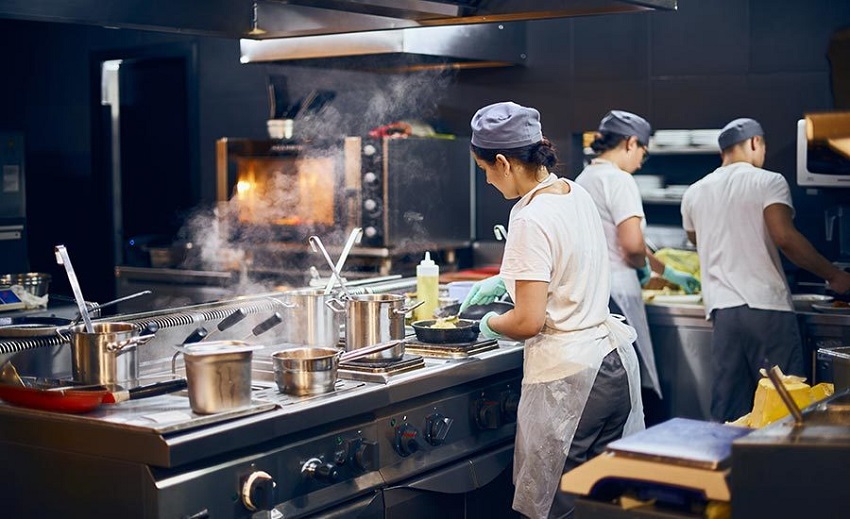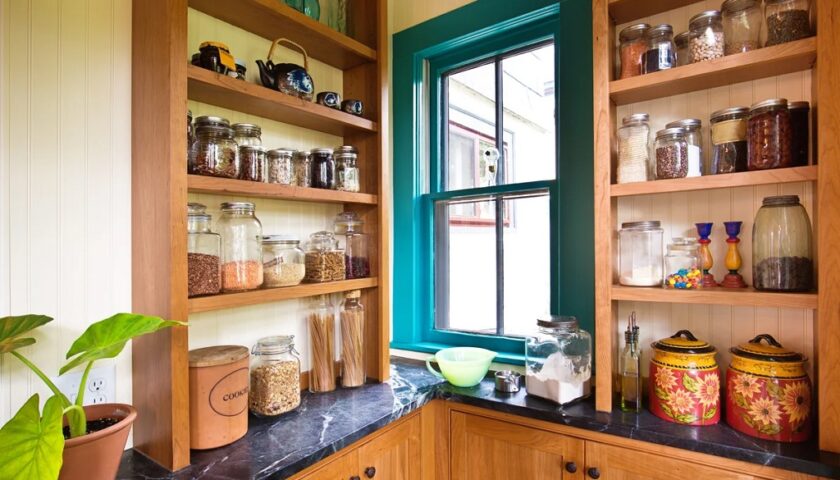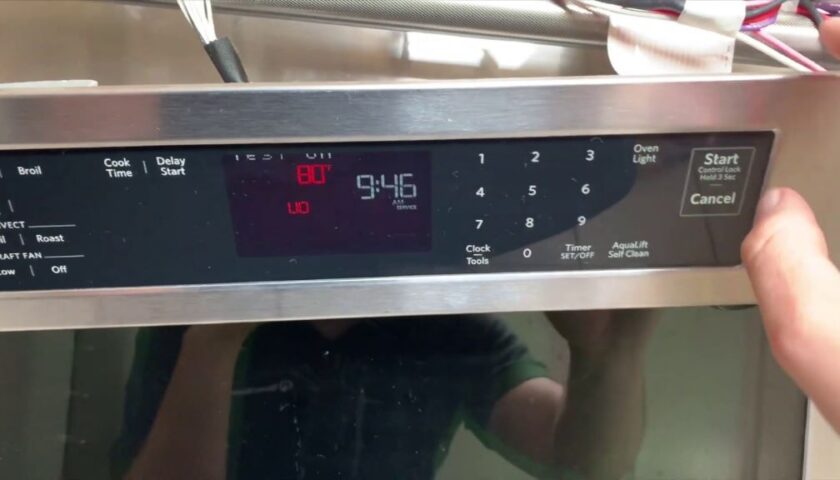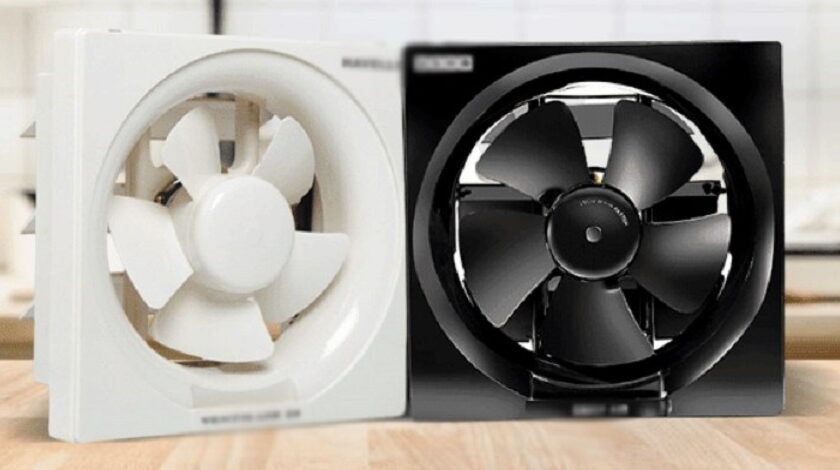If you’ve ever spent time in a kitchen, you know that it can get uncomfortably hot, especially during cooking sessions. One common solution people turn to is using an exhaust fan. But does it really help in reducing heat in the kitchen? In this article, we’ll explore the role of an exhaust fan in controlling kitchen heat and the benefits it offers in maintaining a comfortable and safe cooking environment. The article is brought to you by Thebinderblog.com.
Understanding the Exhaust Fan: A Kitchen Essential
An exhaust fan, also known as a range hood or vent hood, is an essential appliance found in most modern kitchens. Typically installed above the stove or cooktop, a kitchen ceiling exhaust fan serves the primary purpose of removing odors, smoke, steam, and grease particles that are released during cooking. Equipped with filters to trap grease and other contaminants, the fan expels the air outside or recirculates it back into the kitchen after purification.
How Does an Exhaust Fan Work?
When you cook, especially with high heat, various particles and gases are released into the air. An exhaust fan operates by creating a flow of air, pulling the contaminated air upward and out of the kitchen through ductwork and vents. As the polluted air is removed, fresh air from outside is drawn into the kitchen, promoting better air circulation and preventing the buildup of heat and odors.
Reducing Heat Buildup in the Kitchen
Now, let’s address the question at hand: does an exhaust fan reduce heat in the kitchen? The answer is yes, but it’s important to understand the process. An exhaust fan can help to remove some of the hot air and steam generated during cooking, but it won’t have the same cooling effect as an air conditioner. Its primary function is to eliminate unwanted particles and maintain air quality.
Benefits of Using an Exhaust Fan
- Improved Air Quality: As mentioned earlier, an exhaust fan efficiently removes smoke, steam, and cooking fumes from the kitchen, making the environment healthier for the cook and other occupants.
- Odor Elimination: Cooking certain dishes can produce strong odors that linger in the kitchen. The exhaust fan helps to disperse these odors quickly, preventing them from spreading to other parts of the house.
- Prevents Grease Buildup: The filters in the exhaust fan play a vital role in trapping grease particles. This prevents sticky residue from accumulating on kitchen surfaces and appliances.
- Reduced Humidity: Cooking generates moisture, which can lead to humidity buildup. An exhaust fan aids in reducing excess humidity, preventing issues like mold growth.
- Comfortable Cooking Environment: With the heat and odors being effectively removed, the kitchen becomes a more comfortable space for the cook, making cooking a more enjoyable experience.
Choosing the Right Exhaust Fan
Selecting the right exhaust fan for your kitchen is crucial. Consider the following factors:
- Size: Ensure the fan is appropriately sized for your kitchen and stove area to maximize its efficiency.
- Airflow Capacity: Look for a fan with higher airflow capacity for better performance.
- Noise Level: Choose a model with a noise level that doesn’t disturb your cooking experience.
- Energy Efficiency: Opt for an energy-efficient fan to save on electricity bills.
- Installation: Professional installation is recommended to ensure proper functionality.
Conclusion
An exhaust fan is indeed a valuable asset in any kitchen. While it may not provide a complete solution to reducing heat, it plays a significant role in maintaining air quality, removing odors, and improving overall comfort during cooking. Remember to select the right fan for your kitchen’s size and requirements.
FAQs (Frequently Asked Questions)
- Can an exhaust fan completely replace an air conditioner for cooling the kitchen?
No, an exhaust fan cannot fully replace an air conditioner. While it can help reduce heat and odors, its primary purpose is to maintain air quality, not provide cooling like an air conditioning system.
- How often should I clean the filters of my exhaust fan?
It’s recommended to clean the filters every one to three months, depending on your cooking frequency. Clean filters ensure optimal performance and efficiency.
- Can I install an exhaust fan myself, or should I hire a professional?
While it is possible to install a simple exhaust fan yourself, it is advisable to hire a professional for proper installation, especially for more complex setups.
- Is recirculating mode as effective as venting the exhaust fan outside?
Venting the exhaust fan outside is more effective as it completely removes pollutants from the kitchen. Recirculating mode filters the air but does not eliminate contaminants entirely.
- Are there exhaust fans with smart features available in the market?
Yes, many modern exhaust fans come with smart features, such as auto shut-off, adjustable fan speeds, and compatibility with home automation systems.




